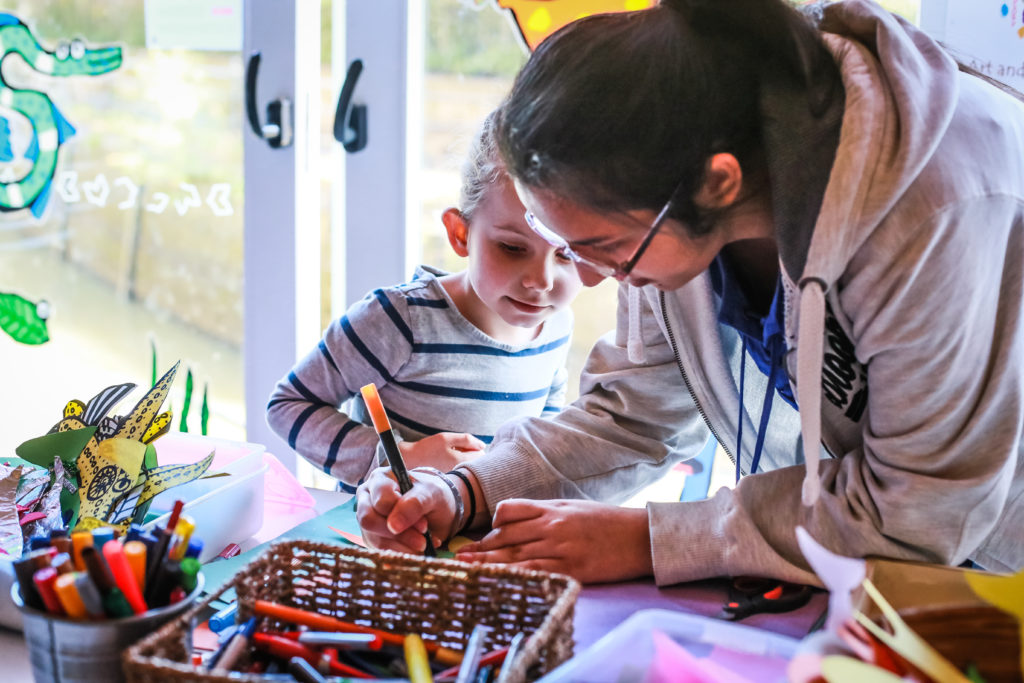In this article
Your child’s early years
- When did you first notice any problems – big or small?
- Did you tell anyone? What help or advice did you get?
Now
- Health: eating, sleeping, illnesses, tiredness, depression, panic attacks.
- Physical skills: walking, climbing, handwriting, using scissors.
- Communication: hearing, gestures, eye contact, speech: describing things, talking to people, using the telephone, taking messages.
- Personal skills: dressing, washing, dealing with pocket money, time-keeping, remembering to pack sports kit/or pencil case.
- Behaviour: showing anxiety or frustration, problems with concentration.
- Your child at home.
- Watching TV, reading, hobbies.
- Outside activities: clubs, sports.
- Relationships: parents, brothers and sisters, other adults, friendships.
- Behaviour at home: sharing, listening, fighting with siblings, moods, meltdowns.
- Homework: difficulty remembering what to do, or finishing in the set time.
- Your child at school or college.
- What lessons or activities does your child enjoy?
- Friendships, relationships with teachers.
- Problem areas: lessons, playtime, new teacher, change in routine.
- Extra help which has worked or not worked for your child.
- Are your child’s difficulties getting worse? Does any particular incident or piece of work illustrate your child’s difficulties?
- What help do you think your child needs?
Your child’s views
- Does your child enjoy going to school? What do they like best?
- What would they like to achieve? What makes it hard for them to do this?
- What help does your child think they need?
Related information
Factsheet: Education, health and care needs assessments
Download now
Extra support in school
Read about the extra support provided in mainstream schools for children with special educational needs in England.
Read more
Education beyond 16
Your child can legally leave school at the end of the school year in which they turn 16 (normally the end of…
Read more